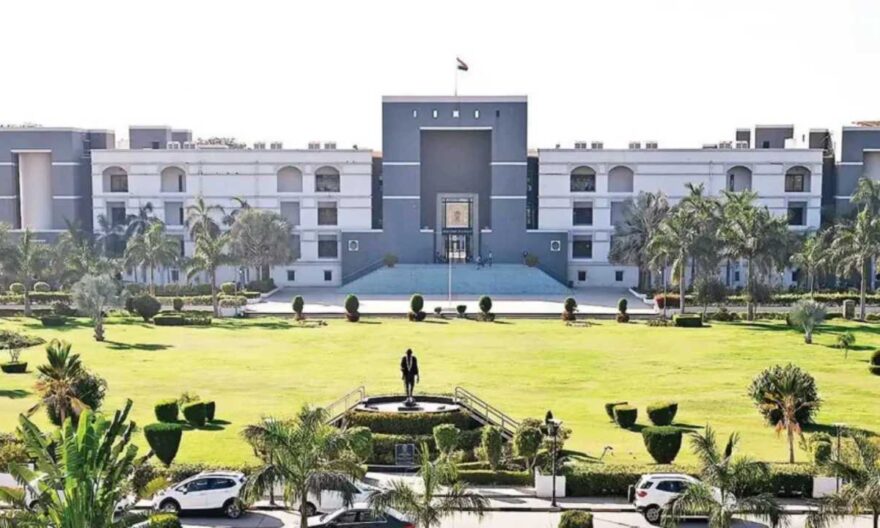
The Gujarat government has informed the High Court of its intention to withdraw the amended provisions of the Disturbed Areas Act, which restrict property sales or transfers in designated areas.
The Act, amended in 2019, prohibits the sale of property between members of different religious communities in “disturbed areas” without prior approval from the district collector. The amendments included stricter provisions.
In response to petitions challenging the constitutionality of these amendments filed by the Jamiat Ulama-e-Hind, the state revenue department submitted an affidavit to the Gujarat High Court. The affidavit stated, “The Respondent State is contemplating amendments to the impugned provisions that are subject to the challenge in the petition.” It further noted that the petitioner’s concerns may become irrelevant following these proposed amendments.
The matter is scheduled for further hearing on December 5 before a division bench of Chief Justice Sunita Agarwal and Justice Aniruddha Mayee.
In 2019, the Gujarat BJP government modified the Gujarat Prohibition of Transfer of Immovable Property and Provision for Protection of Tenants from Eviction from Premises in Disturbed Areas Act-1991, commonly known as the Disturbed Areas Act. This Act had been in effect in areas of the state with communal sensitivity, including Ahmedabad and Vadodara.
The amended Act empowers the collector to assess the potential for polarization, disturbance in the demographic balance, or improper clustering of a specific community due to a property transfer. If such a risk is identified, the collector can reject the transfer application. The Act allows the aggrieved party to appeal the collector’s decision to the state government.
The Act also authorizes the state government to establish a “monitoring and advisory committee” to oversee the demographic structure in these disturbed areas. To prevent the illegal acquisition of properties in such areas, the Act proposes imprisonment ranging from three to five years and a fine of Rs 1 lakh or 10% of the property’s value, whichever is higher.
These amendments were challenged in the High Court in 2021 by the Jamiat Ulama-e-Hind, which argued that the amendments violated Articles 14, 19, and 21 of the Constitution. After accepting the plea in 2021, the High Court directed the Gujarat government not to issue new notifications under the amended sections of the Disturbed Areas Act.
According to Jamiat Ulama-e-Hind, these amendments would further marginalize and segregate the already ghettoized Muslim and other minority communities in Gujarat under the pretext of common traits.
The petition argues that the criteria set by the government to designate an area as “disturbed” under the Act are vague, uncertain, and fundamentally contrary to constitutional principles of equality, liberty, and fraternity. The Act, it claims, denies marginalized communities equality of status and opportunity and forces them to live in ghettos, hindering their overall development.




